Longtime professor and noted member of Kappa Alpha Psi Fraternity dies
Bryson was recognized for his community impact in the Directory of American Scholars, Who’s Who in American Education, Who’s Who Among Black Americans, and Who’s Who in Alabama.
February 22, 2022
Ralph J. Bryson, Ph.D., an Alabama State University legend, died on Saturday, Feb. 12, and will be laid to rest Wednesday, Feb. 23. The Cincinnati, Ohio native joined the Hornet family in 1953 as an English instructor and then served 59 incredible years as an educator, professor, administrator and mentor to many.
“It’s like the passing of an era,” said Jacqueline Trimble, Ph.D., department chair of languages and literature. “Dr. Bryson was an institution in and of himself. … [He] was in many ways, the heart of this institution. When you think of [ASU], if you ask any student who graduated before a certain time, you can ask them about different professors, but everybody knew him.”

Photo by David Campbell/ASU (David Campbell)
As an incarnation of Black excellence and history, Bryson played an active role in the advancement of his community. He served two years in the United States Army during World War II, where he took part in the Battle of Bulge and helped liberate Southern France. He received a bachelor of science degree in 1947 and a master of education degree in 1950, both from the University of Cincinnati. Bryson then earned his doctorate of philosophy from The Ohio State University in Columbus, Ohio, in 1953.
Bryson began his career in education, as a middle school English teacher, in North Carolina. Then he taught at Southern University and at Miles College as an instructor of English literature. Shortly thereafter, Bryson refused faculty positions at Morehouse College and The Ohio State University to become an instructor at, then, Alabama State College.
In this position, he participated in various civil rights events and fostered relationships with various community leaders, such as Rev. Ralph Abernathy and social activist Jo Ann Gibson Robinson. These early moments of his career laid the foundation for the many decades of outreach and influence to come.
“Dr. Bryson was a phenomenal force at Alabama State,” said Chasity Thompson, an alumna, assistant dean of Student Affairs and adjunct faculty member of the Indiana University Robert H. McKinney School of Law. “He has taught generations of Hornets and helped us advance in our careers. In addition to his professional support, Dr. Bryson has supported many of us personally. Dr. Bryson taught my parents at Alabama State, and he taught my brother in a summer program prior to his matriculation at ASU. Each of us has a personal memory/connection with Dr. Bryson. He hand wrote a letter of recommendation for me to include with my law school application, and he typed a personal note to me when I was accepted, a letter that I hold dear to this day.”
“The thing I will miss most [of] Dr. Bryson is probably just his friendship and his wisdom that he [not only] gave to me, but gave to young people, especially at ASU,” said Arthur Baylor, an ASU alumnus and faculty member. “And to be honest with you, all over the nation, because there are people that he has helped and assisted tremendously all over the world.”
“I am proud to say that Dr. Bryson was one of my mentors,” said Quinton T. Ross Jr., President of ASU. “Because of his influence, I added English as my minor in deference to the influence that he had on my life when I was an undergraduate student. Under his tutelage, I went on to earn a master’s degree in secondary education. I became an educator because of the example that was set by Dr. Bryson.”
Bryson was also a dedicated member of Kappa Alpha Psi Fraternity, Inc., and received the Laurel Wreath Award in 2009, which is the Fraternity’s highest honor. He was initiated into Kappa Alpha Psi Fraternity, the Beta Eta Chapter and later was a member of Zeta Chapter. He was a member of the Birmingham Alumni Chapter and has been a member of the Montgomery Alumni Chapter since 1953. He has been the editor of “Books and Such” since 1969. Recently, with Everharding Pruitt, he co-authored History of the Southern Province. He is the 56th recipient of the Elder Watson Diggs Award and was elected Grand Historian at the 73rd Grand Chapter meeting.
He also held membership in Alpha Kappa Mu National Honor Society, Sigma Tau Delta English Honor Society, Phi Mu Alpha Sinfonia Fraternity of America, and Phi Delta Kappa International.
He served as the President of the Association of College English Teachers of Alabama and the President of the Alabama Council of Teachers of English. As a renowned educator, he used his platform to sponsor scholarships to minority students at his alma maters, the University of Cincinnati and Ohio State University.
Bryson was recognized for his community impact in the Directory of American Scholars, Who’s Who in American Education, Who’s Who Among Black Americans, and Who’s Who in Alabama.
The Hornet Nation is saddened by this loss but grateful for the six decades spent with Bryson.


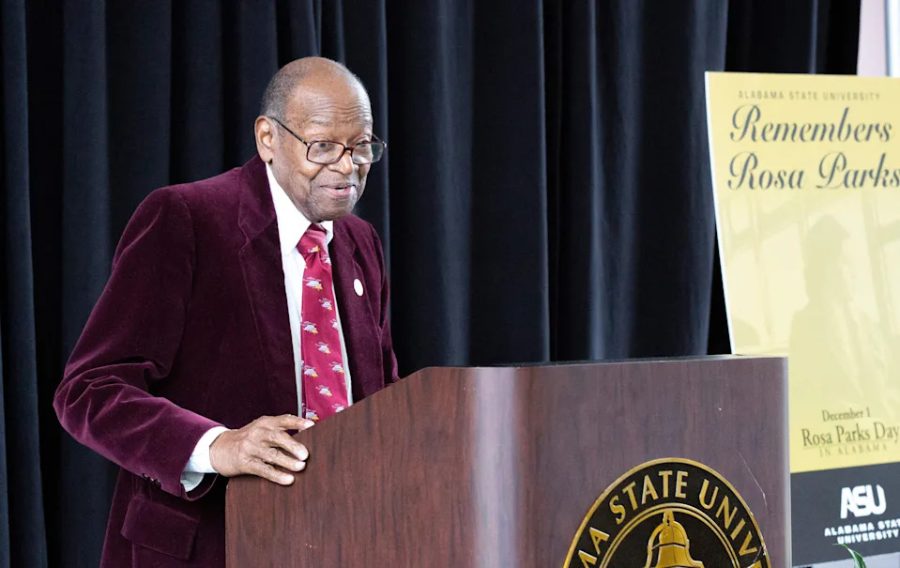





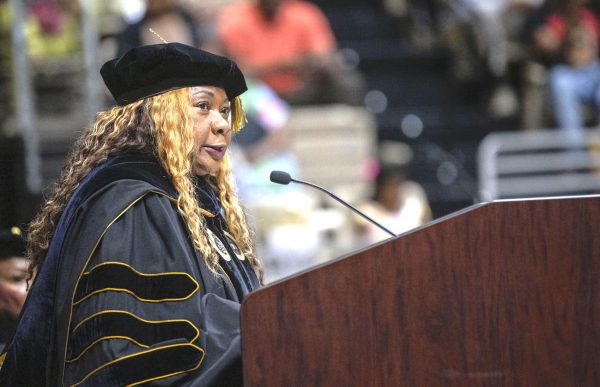
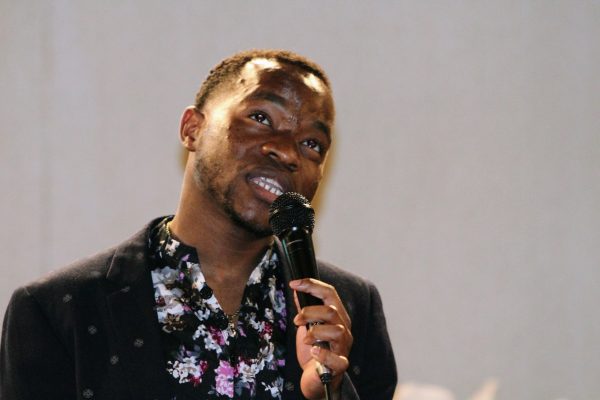

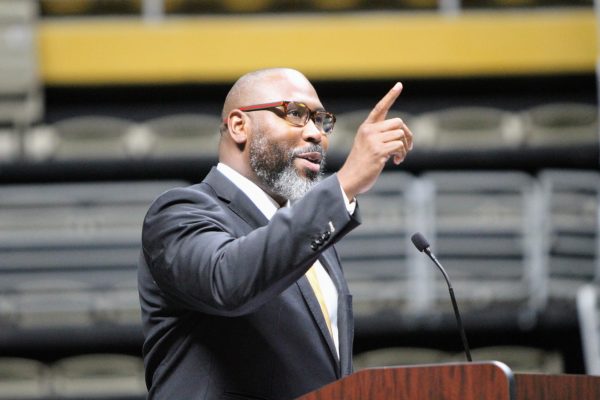
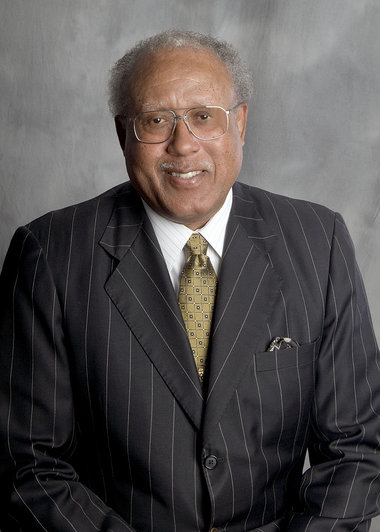
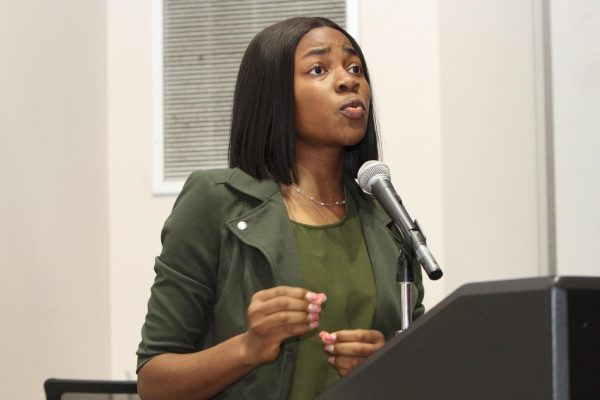
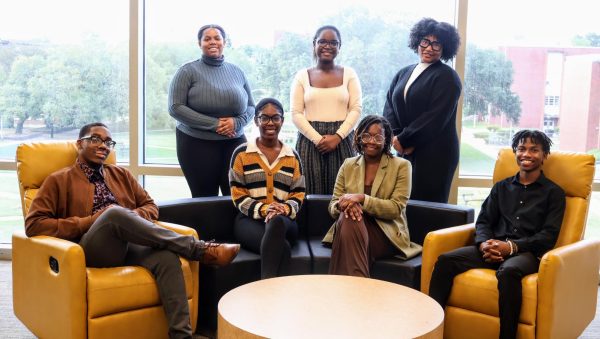
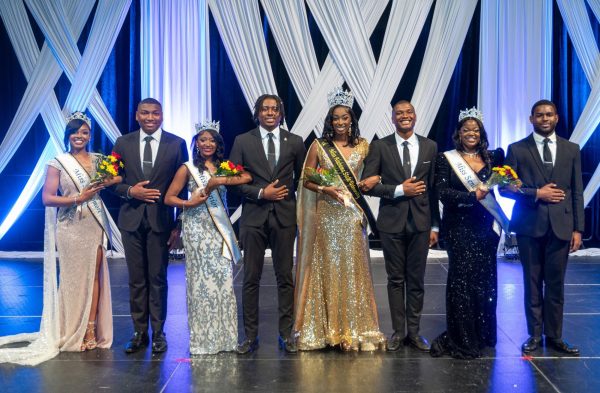
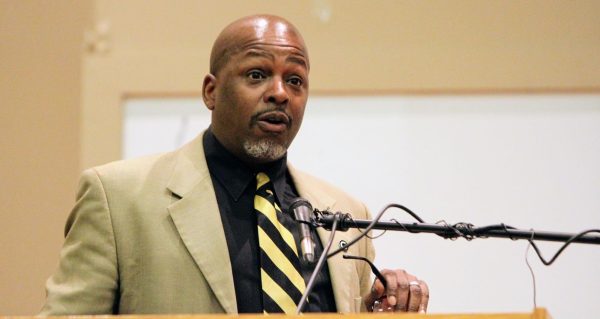
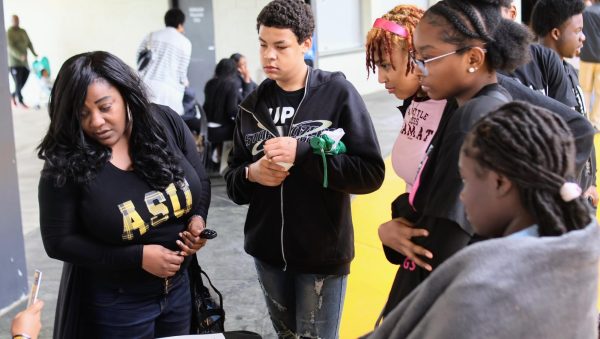
Bobbetta Jones • Feb 23, 2022 at 10:36 am
Thanks for the beautiful, well-written documentary of his life.
To God be the glory for all that he has done, all the lives he touched as a scholarly, gentleman and career educator.
Respectfully
and
Lovingly,
Ms. Bobbetta Jones, MSPH